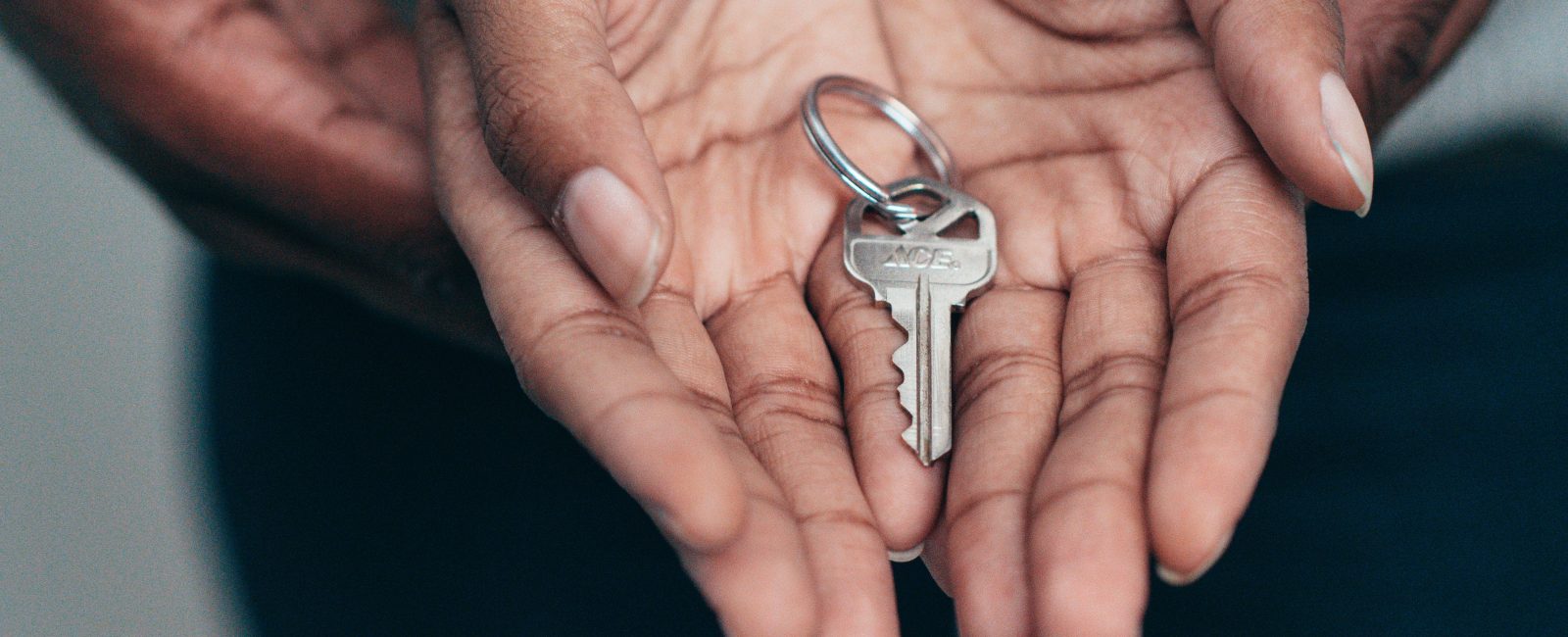
Owning a property is a right of passage for many people, but it’s not always easy to achieve. Depending on the type of house you are trying to purchase and its location, the value will vary drastically and will require a large deposit to secure. Unless you have financial help, it will take some time to build a sizeable deposit, so what is the best way to do so quickly? There is no one-size solution that will work for everyone, so here are 5 ideas when saving money for a house to get started with.
- Reduce Non-Essential Spending
Reducing your spending is one of the first things that will help lead to increased savings. Whilst your essential outgoings are needed, anything deemed non-essential should be reduced as much as possible. Maybe you have a coffee habit that is costing much more than it should, or you are an impulse buyer that loves a good deal, either way, if you have a lot of your disposable income going on miscellaneous purchases, you will want to cut this down. You’ll be surprised when reviewing your outgoings just how much you do spend on these types of items.
- Make Better Credit Choices
When looking to borrow money whilst saving for a house, you will want to ensure this is only when you really need to. Whilst spreading the cost of a clothing purchase or the latest gadgets makes it easier to pay each month, this quickly adds up and leads to higher levels of debt if you aren’t keeping an eye on it. Reduce your dependency on credit and only use it when you have no other options. Using a product such as a pay day loan to cover an emergency or unexpected expense can help when your savings are low, but shouldn’t be used to fund anything non-essential. Any borrowing you do choose, opt for flexible repayments and a term that is as short as possible that you can afford to maintain.
- Start a Weekly Budget
Keeping your spending under control is much easier with a budget in place. This way, you can calculate how much you want to save towards your dream home and limit your spending to achieve this. Work out what your spending limit is for the month that allows for you to maximise your savings, then break this down into each week. By working to a weekly budget, you will be more focused on regularly checking your bank balance and mindful before making any non-essential purchases. It may feel restrictive at first, especially if you are used to spending freely, but the amount you’ll be able to save will soon show results. You’ll also be able to work out how long it will take you to reach your house deposit goal.
- Reduce Bills
If you have the feeling you may be paying too much for certain bills or subscriptions, you could be right. There are many bills you could be overpaying for, such as your utility bills, internet, or phone contract. The good news is you don’t have to continue doing so, and with some market research, you’ll be able to compare your bills to cheaper options available. Use comparison sites and check how easy it will be to swap providers. You may find some you are contractually obliged to until a certain date, if so, find out if there any penalty fees for early severance or mark the date in your diary to then change at that point. If you have stuck with one provider for some time, it may be time for a change.
- Put Savings Where It Will Grow
You are saving regularly by sticking to your new budget and reducing outgoings where possible, but your savings could be doing more without further effort. The type of account you choose to put your house deposit in will determine how much interest you could be earning. Whilst regular savings accounts usually have a low interest rate, others such as ISAs could earn more. Look into maximising your savings and your money will grow even quicker. You could also look at investment products that can see huge gains, but these come with more risk so are best for some, not all, of your savings.












